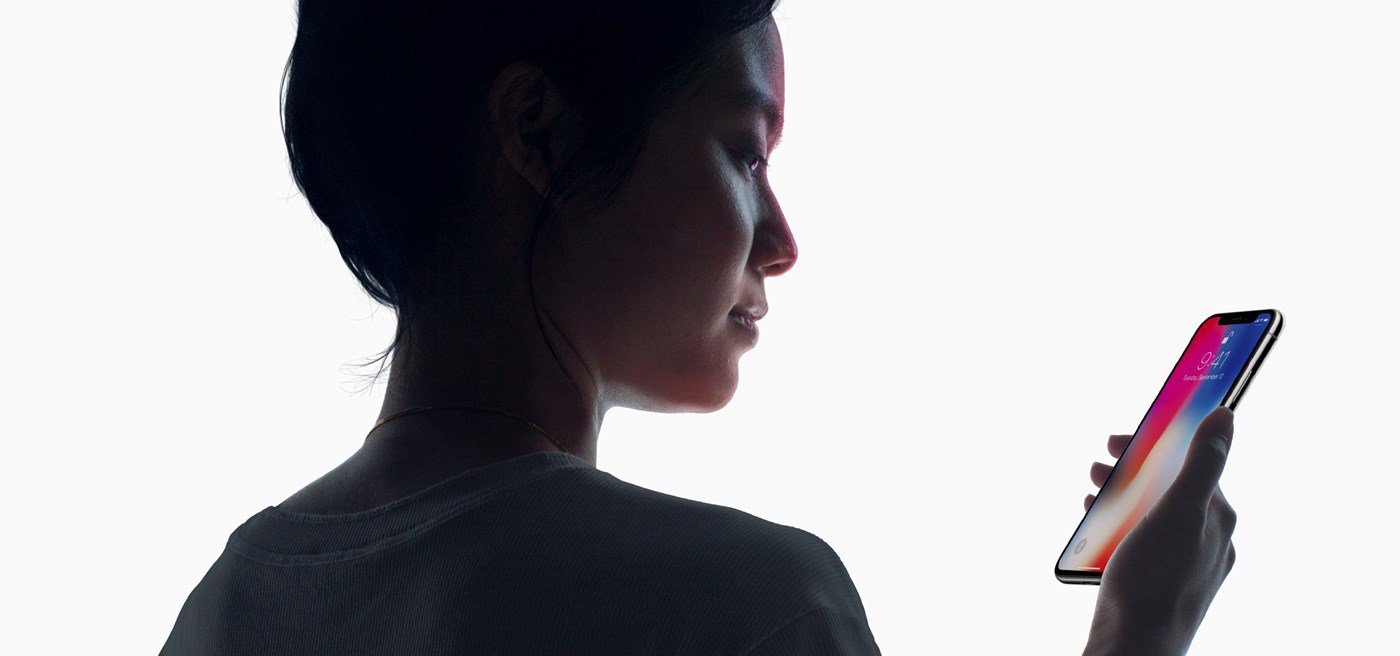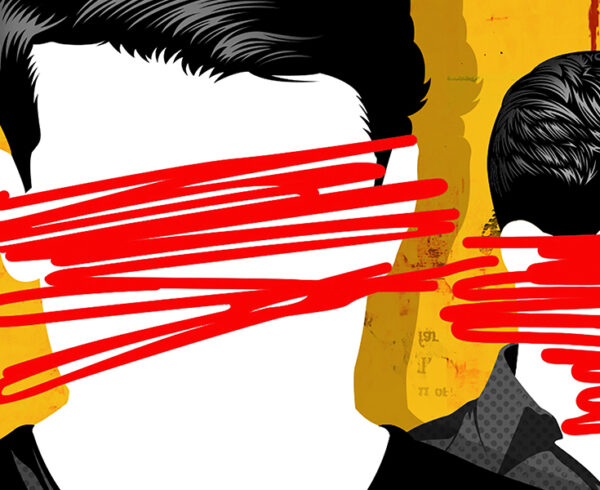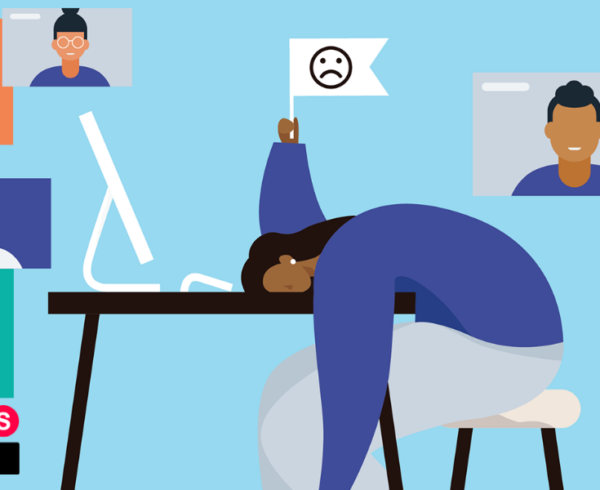The iPhone X has not even been released and people are already complaining about it. That shouldn’t be surprising. One of the hallmarks of disruptive innovation is that the innovation isn’t quite as good as you might expect at doing certain things. Rather, disruptive innovation opens up new, previously unforeseen opportunities, and that’s where we need to look for its full effect.
Cameras, Phones, and Camera Phones
Take, for example, cellphone cameras. When they first came out, many people asked why they should bother. A two-megapixel camera provided poor resolution compared to a digital camera, which itself had worse resolution than a good old-fashioned film SLR at the time. Yet the cellphone camera provided not just a new way to take snapshots, but a whole new vista of uses in social media and apps that can scan images.
Anyone old enough to remember the tedious courtesy of looking through a colleague’s holiday snapshots knows what a blessing that is. And many simply take a picture of a receipt to file expenses instantly now. For a top-quality print photograph – the old use – most professionals will still use film, but for most people an image on their smartphone will do.
Cell phones themselves are another example. For the best call quality, you should still use a landline. That’s why radio stations prefer them for phone interviews. Yet most of us don’t require crystal clear calls or zero possibility of dropped calls; we can live with static or the odd interruption in exchange for portable communication.
And most phone uses these days aren’t even to make calls. The net is crawling with hot takes about the terror of receiving a call – or, shudder, a voicemail – on your phone. Rather, we use our cell phones as clocks, gaming devices, portable computers, and personal assistants. Future generations may even wonder where the term “phone” came from.
Disruptive Innovation
Notably, most truly disruptive innovations did not come from firms that had perfected the old technology they replace. Canon, jokes aside, did not invent the cell phone camera. Ericsson, at one time the world’s leading cell phone manufacturer, did not invent the smartphone. Those who remember the “portal wars” of the 1990s will recall a time when the notion that Facebook and Google would someday command most people’s Web navigation would have seemed fanciful at best.
This is part of what Harvard Professor Clayton Christensen calls “the innovator’s dilemma.” Truly disruptive innovation is unlikely to come from within established firms, where business pressures lead to prioritizing existing products or making new ones better than the old within well-defined parameters. There isn’t much room for truly disruptive products because they will be seen as not fulfilling existing customers’ needs.
So truly disruptive innovation comes from outside established firms. It’s why Amazon killed Borders. It’s why Airbnb is disrupting hotels and Transferwise is smashing European banks.
Yet occasionally a corporation does foster disruptive innovation. Apple seems to be betting that it has done so with the iPhone X – hence the high price – and its other new products. The phone’s facial recognition feature might be a game changer for security. The new augmented reality tech may lead to far more interesting applications than Pokemon Go.
And the payment capabilities of wearable tech like the new Apple Watch may lead to a cashless society faster than any regulatory attempts to push one. (Android devotees will tell you that their phones already have most of these capabilities, so perhaps not.)
Yet, what we know about innovation tells us that the iPhone killer probably won’t be created by Apple (although its iPhone did kill its own iPod). And we also know that next big innovation will produce a lot of grumbling about how much better old technology performed certain tasks. When we hear such grumbling, that’s a sure sign that a killer innovation is upon us.
This column originally appeared at the Foundation for Economic Education, and is reprinted by permission.












